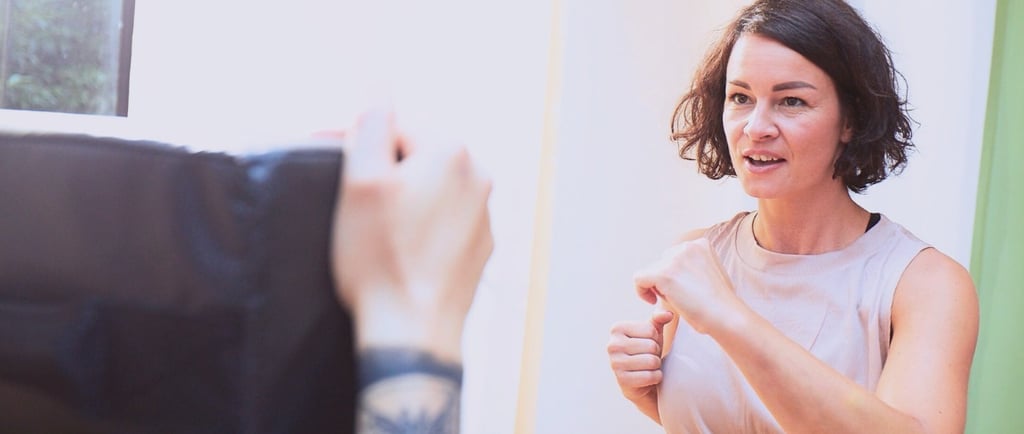Martial Arts and Memory: Slowing Cognitive Decline Through Movement
How martial arts–based training can help slow cognitive decline by supporting memory, coordination, and brain plasticity in aging clients.
7/5/20251 min read


As fitness professionals, we’re used to talking about mobility, strength, and heart health. But one of the most powerful benefits of movement—especially martial arts—may be its effect on brain aging.
Emerging research shows that practicing martial arts can help slow the progression of dementia and Alzheimer’s disease. The key? Coordination, memory, social engagement, and novelty—four things martial arts offers in spades.
In a 2020 review of physical activity and cognitive decline, martial arts practices (including Tai Chi, Karate, and Judo) were shown to significantly improve executive function and memory in older adults, outperforming aerobic-only training in some cases.
This isn’t just about movement. It’s about what kind of movement:
Cognitive complexity: Remembering patterns, adapting to partners, switching between offense and defense.
Motor variability: Cross-lateral patterns, weight shifts, balance training—all stimulate brain plasticity.
Social interaction: Partner work and group drills create positive emotional stimulus, reducing isolation.
Novelty and challenge: New sequences and playful unpredictability require constant attention and adaptation.
At Pretty Deadly, our courses are designed around these principles—whether we’re teaching a 30-year-old solo traveler or a 90-year-old retiree (!). The mental benefits don’t discriminate.
As trainers, incorporating martial arts or self defense–based formats can be a long-term wellness tool—not just for mobility and confidence, but for protecting the brain itself.
It’s not a magic cure. But it is a way to help people stay present, connected, and mentally agile for longer.
And that’s a legacy worth building.
© 2026 Pretty Deadly Self Defense. A project of Singe Holdings LLC
28 Geary Street, Suite 650 San Francisco, CA 94108
All rights reserved
Subscribe to our newsletter



